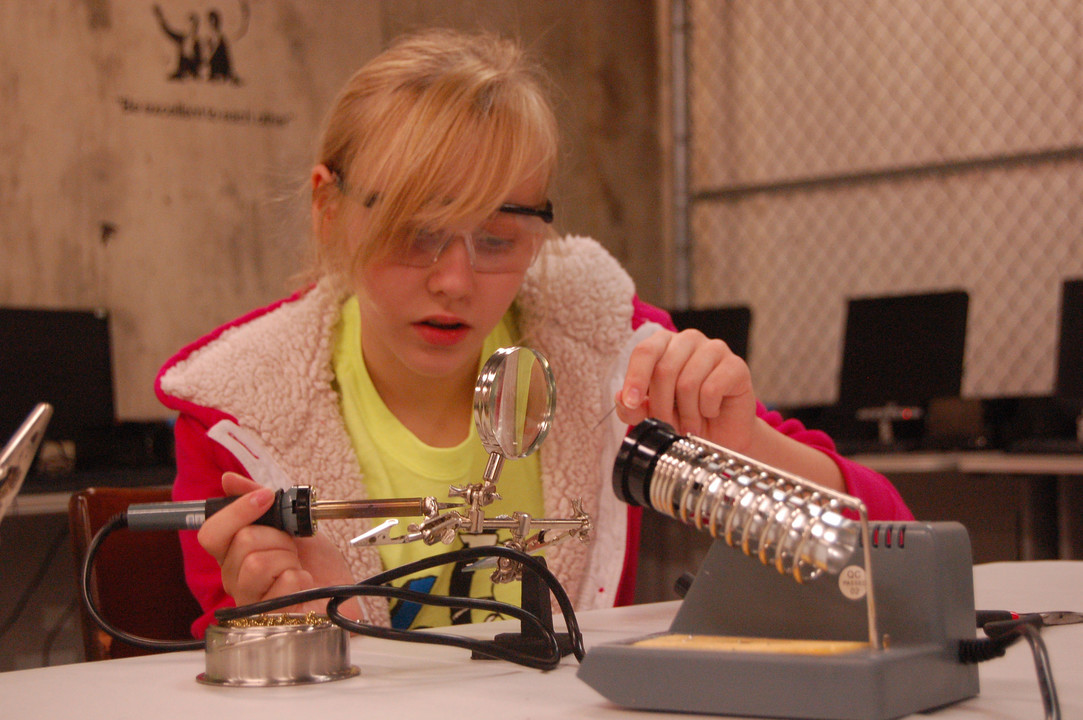For many people it may seem like a funny question, and yet for others their first instinct will be that ‘the answer is obvious’. And yet in the world we currently live in – one that is experiencing exponential technologies and innovation, the answer to this question has never been more important.
For many leaders, innovation strategists, policy makers, and engineers, the answer can often be summed up with words such as ‘functional improvement’, ‘efficiency’, or ‘profit’. Better products, lower costs, better profits. However, if we apply these terms to activities that are an essential part of our social fabric such as medicine, education, and food, we start to feel that there is something wrong with such a simple definition of the ‘why’ behind innovation.
Innovation Goes Deep
Unfortunately, many of us still live in societies and work for businesses that are dominated by a mindset that sees our world as a giant machine. We analyze our inputs, optimize our processing, and do our best to get as much as possible out the other side. If this is this is indeed the ‘why’ behind our innovation, we will simply accelerate our production processes to the point that they happen even before we’ve thought of what we want. In fact many artificial intelligence professionals are already predicting that this is the future.
But is this the real reason we innovate? Is this the reason why there are so many people developing artificial intelligence, robotics, 3D printing, nano-materials, digital currencies, and many other things? No, it’s not. Innovation goes far deeper than function and efficiency. Innovation goes straight to the soul of things. Innovation, just like all of our actions, expresses who we are and how we feel.
Through our work, our relationships, and our daily life we express our inner reality and desires. If our desire is to accumulate power to compensate for our inner lack of power, than this will be the ‘why’ behind our innovation. Alternatively, if our desire is to feel connected with our world and to share our love with others, this will be the ‘why’ behind our innovation. Either way, innovation brings us closer to ourselves, and reflects back to us the basic energy that we invest in our lives.
Why We Fear Innovation
There has been much fear expressed recently by various high-tech leaders and innovators such as Elon Musk (the founder of Tesla) about a potential impending AI armageddon. Other leaders have expressed fear about the chaos and social unrest that might be caused by robotics putting millions of people all over the world out of work. And yet all of these leaders talk about new technologies as if they just popped out of thin air. This is absolutely not the case. Human innovation is the source of these new technologies, and they express our basic human desire to experience our greatness, our unique part of the greater whole, and to feel that we are important just because we exist.
Any fear we feel about innovation isn’t about the technologies themselves, it’s the fear that the ‘why’ behind their creation doesn’t take us into consideration. We fear that the people who own the technology will use it to benefit themselves and put us at a disadvantage. And this is why the ‘why’ of innovation is so important. Function, efficiency, and profit are all empty words without a ‘why’ to tie them together into something bigger – something that touches us deeply.
The Deep Question
As leaders, strategists, policy makers, and engineers, we need to ask ourselves the deep question: ‘Why?’. What aspect of our inner self do we want to manifest in our life and the lives of others? What is my true intention? Remember, even if you don’t ask yourself the question, the answer will materialize itself in front of you in the form of your new innovation – good, or bad.
